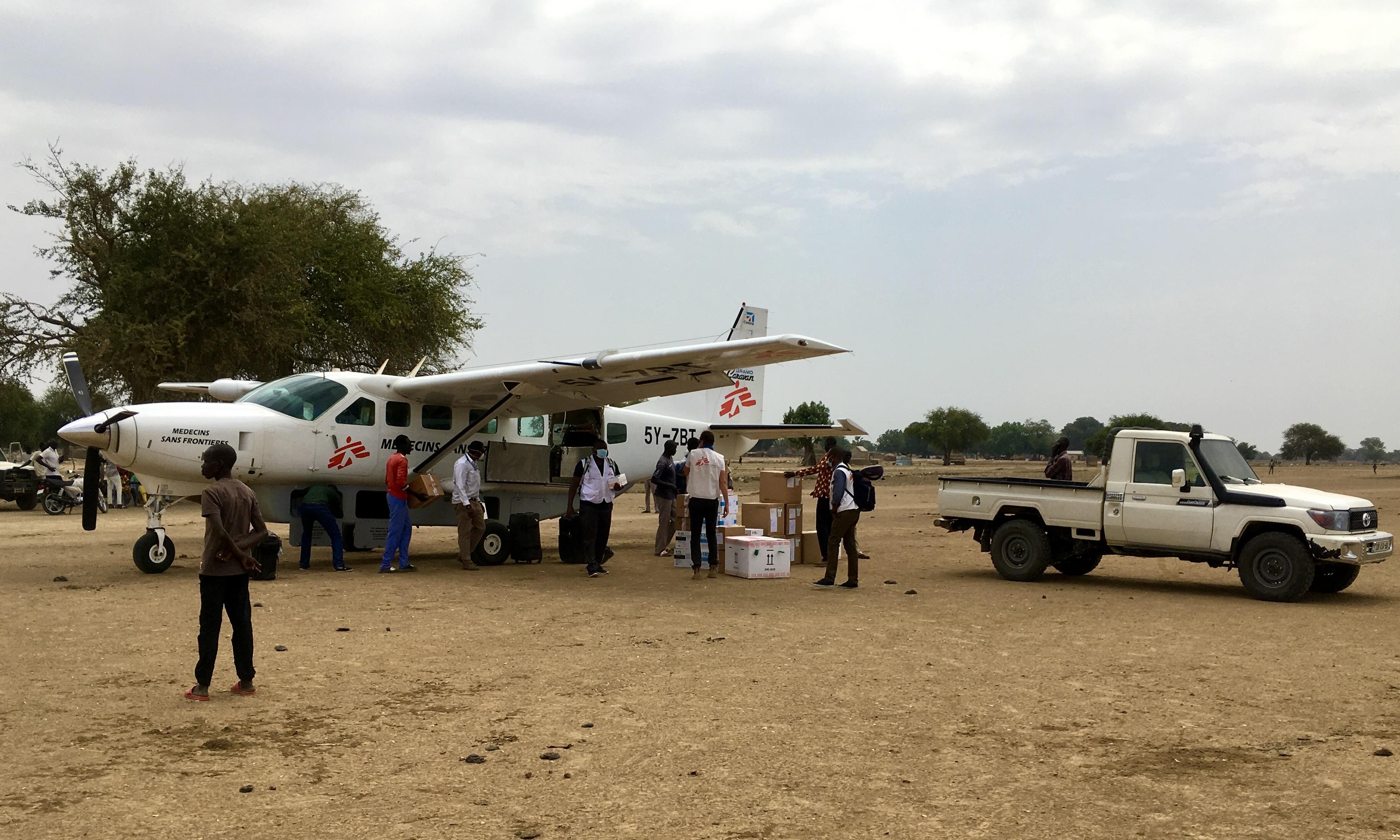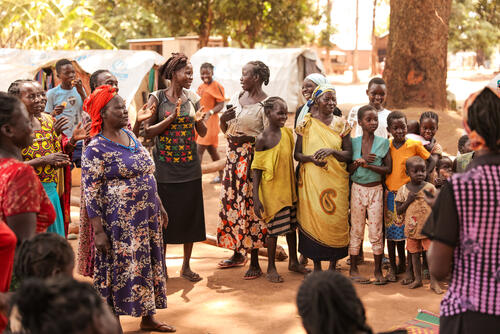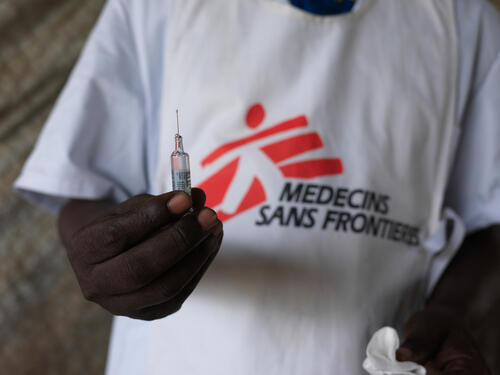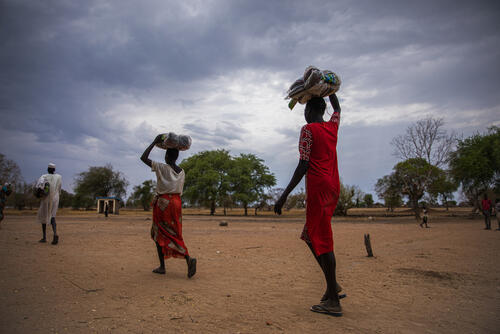Recent armed clashes in the Abyei Special Administrative Area (ASAA), a contested zone on the border between South Sudan and Sudan, have resulted in mass people displacement to the north towards Abyei town, and to the south towards Twic County in Warrap State.
As a result, Medecins Sans Frontières (MSF) has adjusted our activities in the region to respond to the urgent needs of people affected in both ASAA and Warrap State. However, more support is desperately needed and we are calling on other organisations to urgently respond to the crisis.
On 10 February, heavy clashes erupted in Agok town, which resulted in tens of thousands of people fleeing the area, and caused our teams to temporarily suspend operations in Agok hospital. We recommenced some medical activities and consultations at the hospital on 17 February.
However, in the past 72 hours, the security situation in Agok has deteriorated again, with further armed violence erupting on Saturday 5 March. The people who had remained or returned since the initial violence occurred in February have also now fled. Armed conflict has also erupted in Abyei town, causing deaths, injuries and displacement.
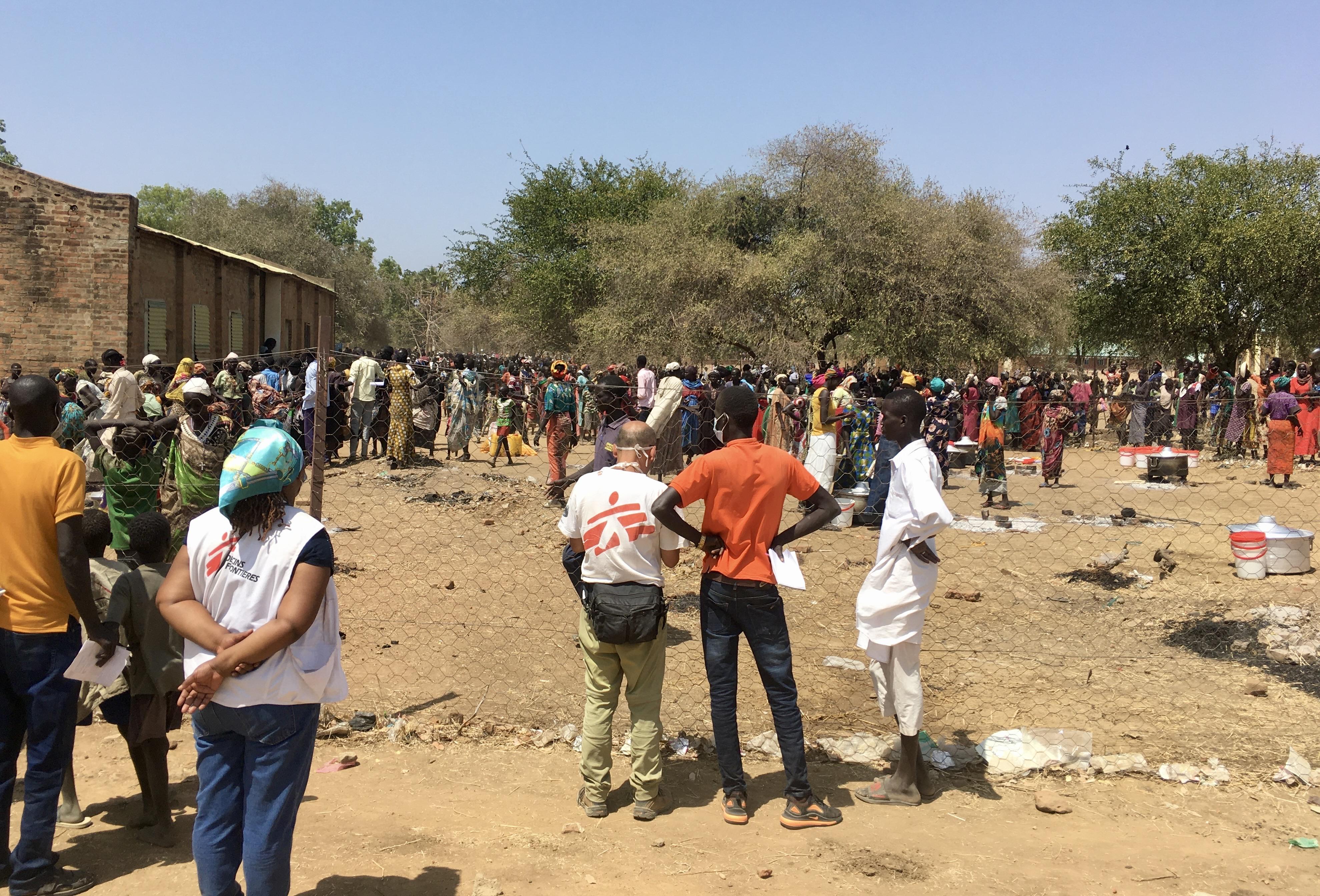
“Since the most recent outbreaks of violence, there are no longer patients coming into the MSF hospital in Agok,” says Trish Newport, MSF head of mission. “Our team in Agok have been temporarily relocated to Abyei town to respond to urgent medical needs there.
“We are also responding to the urgent needs of the newly displaced people in Twic County,” says Newport. “We will continue to monitor the context, and if required, we will adapt our operations further to respond where the needs are greatest.”
For the past three weeks, we have been responding to the urgent situation for displaced people in four locations in Twic County – Turalei, Wunrok, Mayem Abun and Nyindeng Ayuel – where approximately 32,000 people fled following the violence around Agok. The majority of those displaced are women and children. They have settled in the open, many near swamps or rivers, without any shelter. They left carrying nothing, and many saw their belongings, including cash, destroyed or lost.
“The people we have spoken to said they have no food. This is their biggest concern. They are also worried about not being able to protect themselves against the mosquitos at night,” says Newport.
MSF alone cannot cover the dire needs for the large number of displaced people for long. We are appealing to other organisations to urgently respond to this emergency.Trish Newport, MSF head of mission
“Access to clean water is also very limited and many are using water from the nearby rivers. We are deeply concerned about the impact these very precarious living conditions will have on people’s health,” she says.
The host communities who welcomed the displaced people have little, if anything to spare, and the services available to them will not cover the needs of the newly arrived people. We have donated medication and equipment to the health structures to ensure they do not run out of essential medical items. In addition, we have begun running mobile health clinics, focusing on areas where there is no access to healthcare.
Since 27 February, MSF has been providing food in the four locations as well as distributing essential non-food items such as jerrycans, soap, mosquito nets and blankets. However, the needs remain massive and urgent.
“MSF alone cannot cover the dire needs of food, shelter and sanitation for the large number of displaced people for long,” says Newport. “Humanitarian activities need to be scaled up to accommodate the current situation in both the Abyei and Twic County regions. We are appealing to other organisations to urgently respond to this emergency.”
Since 2006, MSF has been providing essential and lifesaving medical services in ASAA, a contested zone located on the border between South Sudan and Sudan. Shortly after in 2008, we opened a hospital in Agok, a town in ASAA. The hospital provides essential and lifesaving medical services, such as emergency care, obstetrics, vaccinations, therapeutic feeding, surgery, treatment for HIV, TB, diabetes, as well as other health services. We also manage community-based health services in 24 villages surrounding the MSF Agok hospital, in order to bring malaria testing and treatment closer to where people live.



